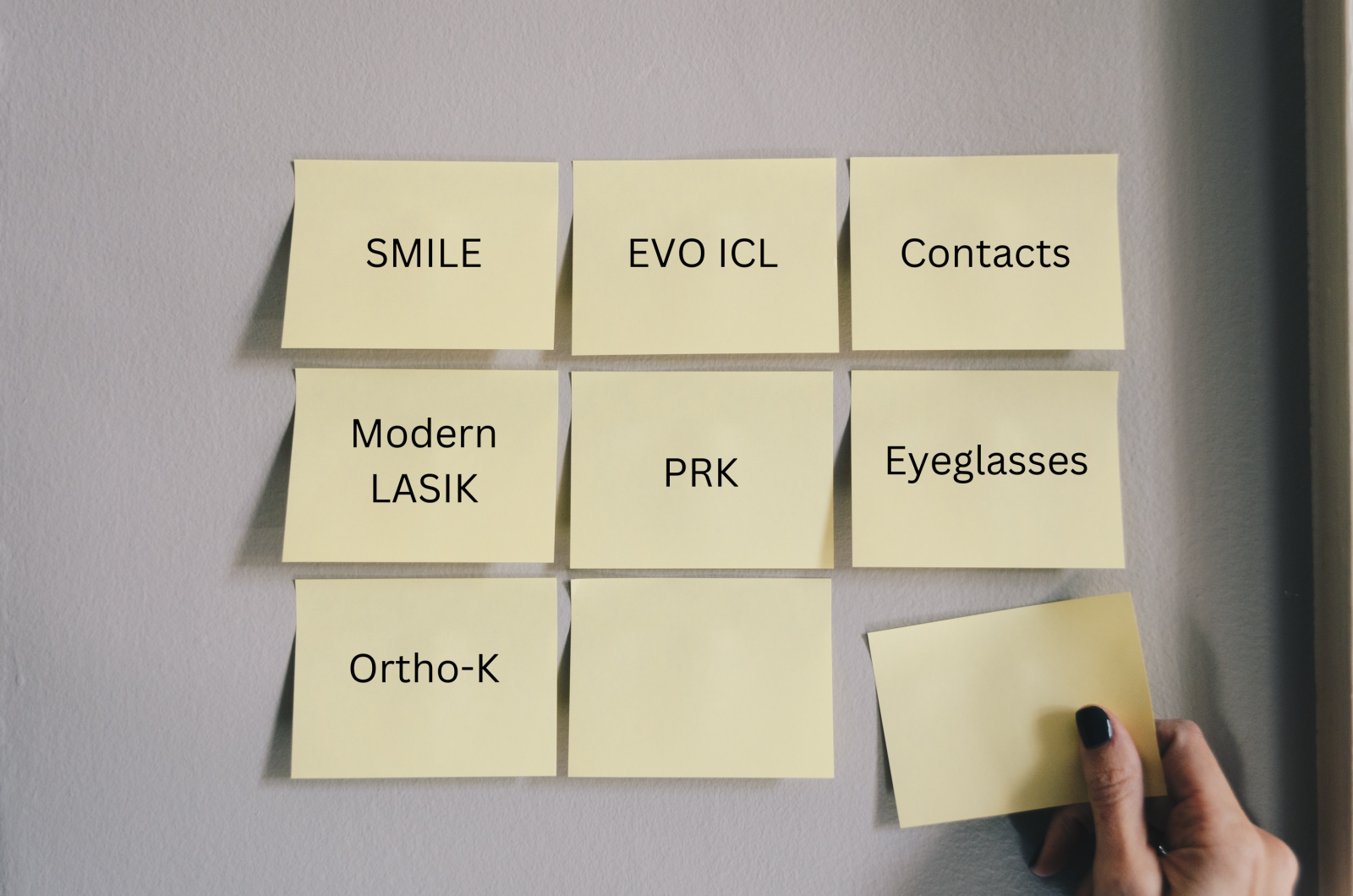The quest for better vision and greater freedom has led to the development of various vision correction methods, providing individuals with the opportunity to reduce or eliminate their reliance on glasses and contact lenses. This comprehensive guide delves into the different types of vision correction, highlighting the pros and cons of each approach, including some of the latest technological advancements like EVO and EVO ICL.
Non-Surgical Vision Correction:
Eyeglasses
Pros
- Non-Invasive: Eyeglasses are a non-invasive and easily reversible method of vision correction.
- Versatility: Suitable for correcting various refractive errors, including myopia, hyperopia, astigmatism, and presbyopia.
- Fashion Accessory: Eyeglasses have become a fashion statement, allowing individuals to express their style through a wide range of frames.
Cons
- Peripheral Distortion: Some individuals may experience peripheral distortion or reflections, affecting the clarity of their vision.
- Limited Peripheral Vision: Frames can limit peripheral vision, which may be a concern for certain activities.
- Weight and Discomfort: Wearing glasses can become uncomfortable throughout the day due to their weight and pressure on the bridge of the nose.
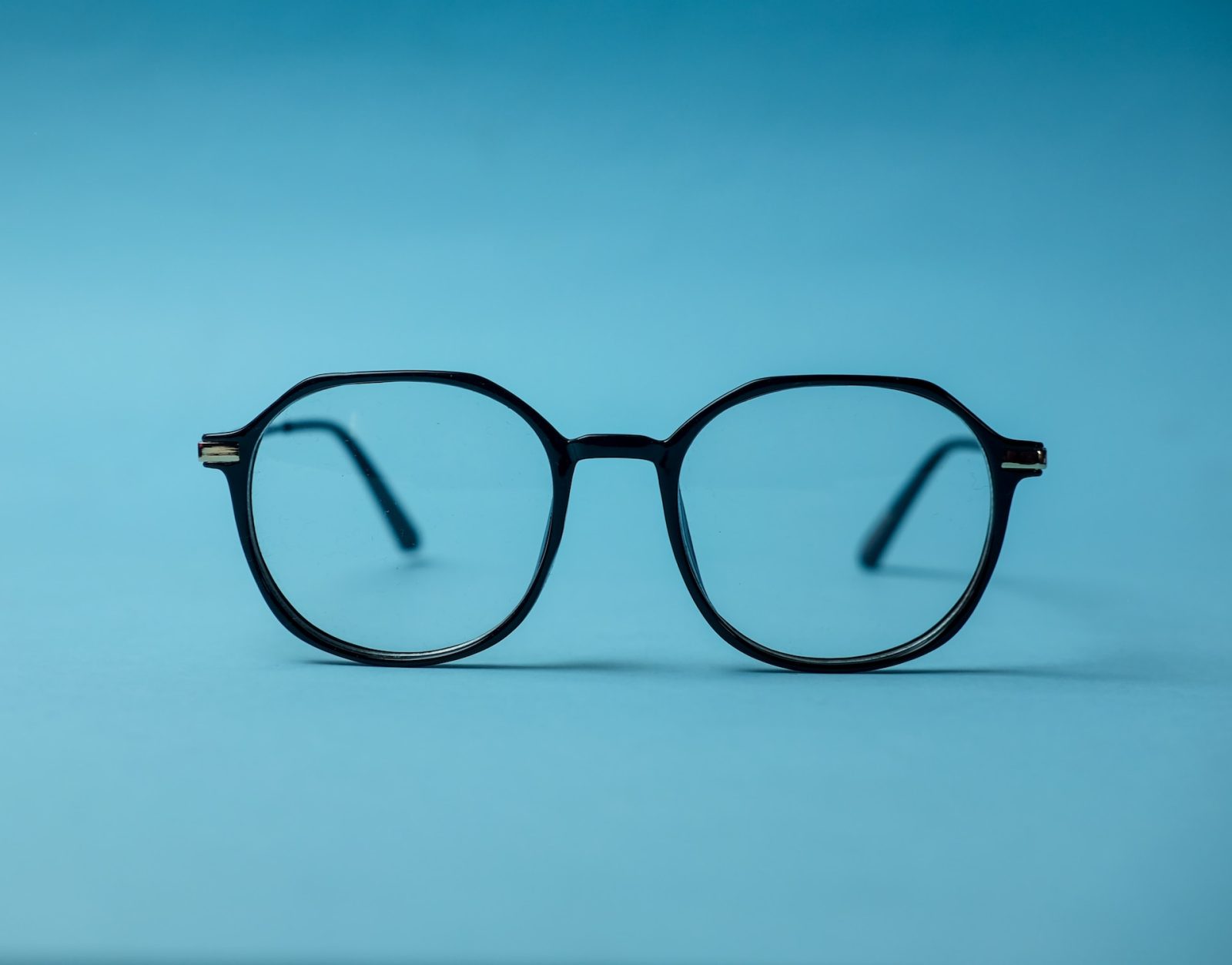
Contact Lenses
Pros
- Natural Appearance: Contact lenses provide a more natural appearance without the visible presence of eyeglasses.
- Unrestricted Field of View: Unlike glasses, contact lenses don’t obstruct peripheral vision.
- Suitable for Active Lifestyles: Ideal for individuals with active lifestyles or those who find glasses inconvenient.
Cons
- Maintenance Required: Regular cleaning and proper hygiene practices are necessary to prevent eye infections.
- Dry Eye Disease: Some individuals may experience dry eyes as a result of wearing contact lenses.
- Risk of Infections: Incorrect use or poor hygiene can lead to serious eye infections.
- Environmental Concerns: The disposal of contact lenses and their packaging contributes to waste.
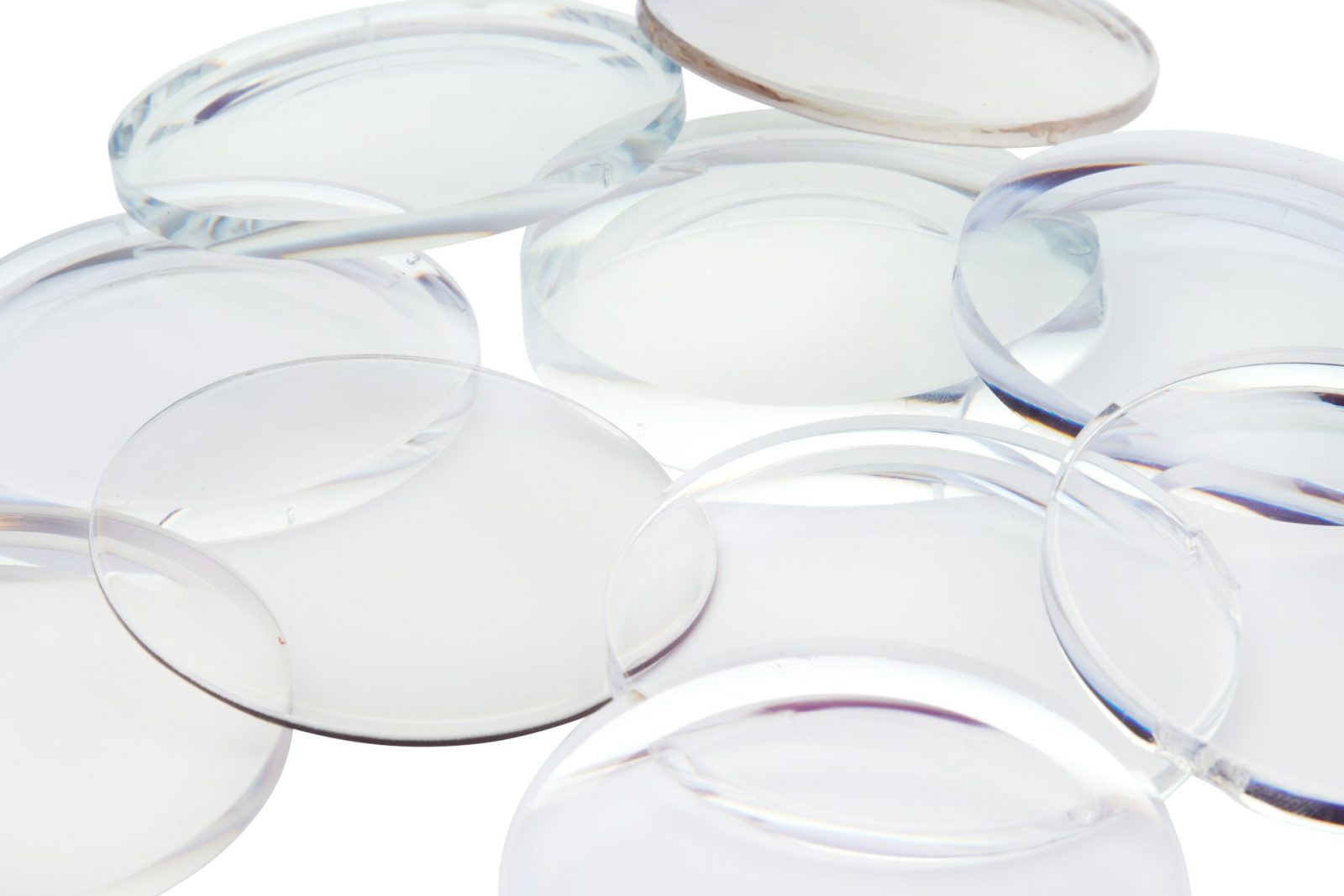
Refractive Surgery:
Modern LASIK (Laser-Assisted In Situ Keratomileusis) Custom Bladeless
Pros
- Rapid Results: LASIK often provides rapid visual recovery, with many patients experiencing improved vision within the first several hours to a day.
- Long-Lasting: The effects of LASIK are typically long-lasting, reducing or eliminating the need for glasses.
Cons
- Surgical Risks: As with any surgery, LASIK carries some risks, including infection, dry eyes, and changes in vision.
- Cost: LASIK can be a significant financial investment compared to non-surgical methods.
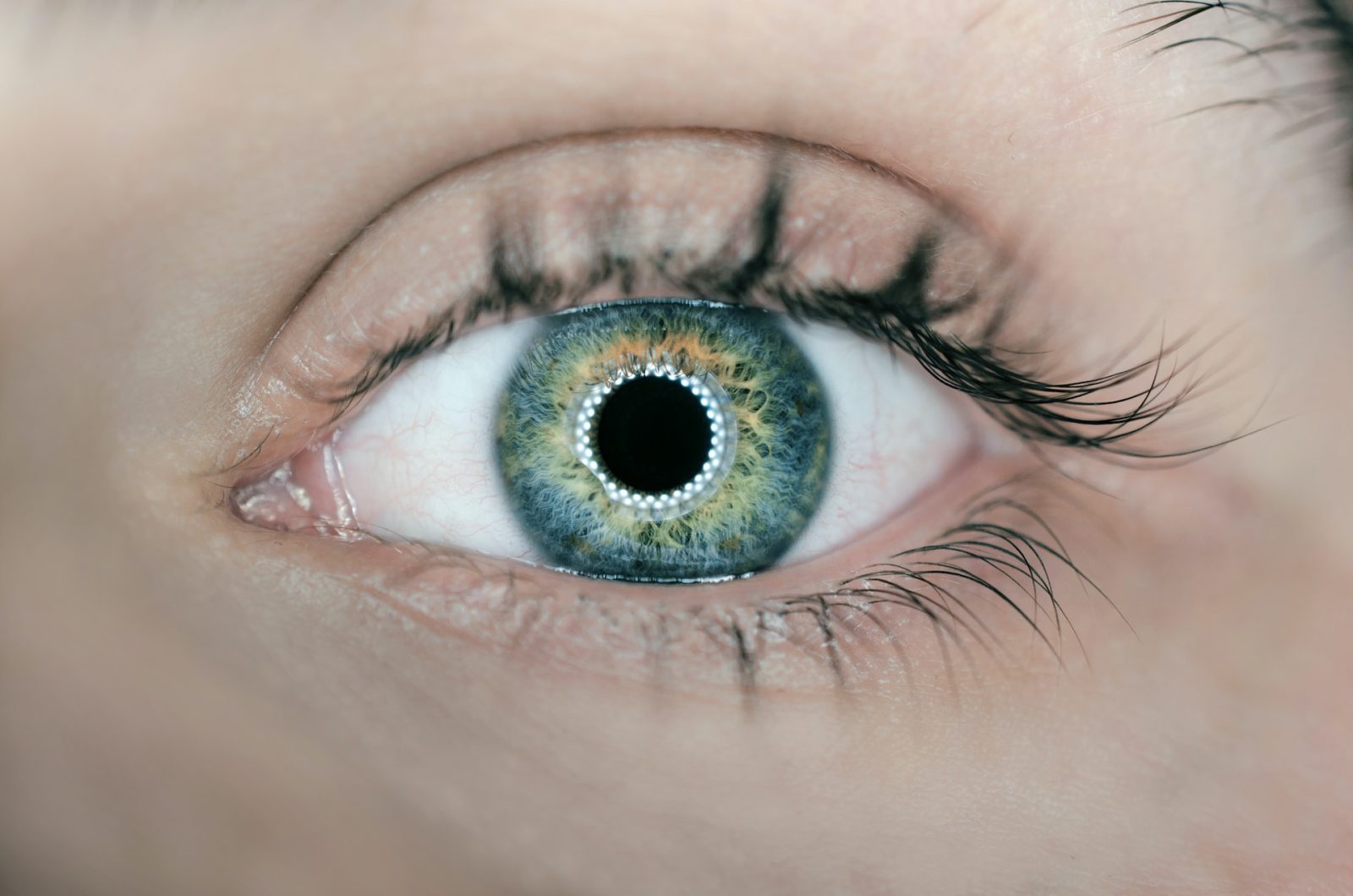
PRK (Photorefractive Keratectomy)
Pros
- No Flap Creation: PRK doesn’t involve creating a corneal flap, reducing the risk of flap-related complications.
- Suitable for Thin Corneas: PRK may be a better option for individuals with thinner corneas.
Cons
- Extended Recovery Time: PRK typically has a longer recovery period compared to LASIK.
- Discomfort During Healing: Some discomfort and light sensitivity may be experienced during the initial healing phase.

SMILE (Small Incision Lenticule Extraction)
Pros
- No Flap Creation: SMILE involves a small incision rather than a corneal flap, potentially reducing complications.
- Potential Preservation of Corneal Strength: Early studies indicate that the SMILE procedure preserves more corneal tissue, which may benefit the structural integrity of the cornea.
Cons
- Limited Availability: SMILE may not be as widely available as LASIK or PRK.
- Similar complications to LASIK: In studies, complications can be similar to LASIK including infection, dry eyes, and changes in vision.
- Cost: The SMILE procedure can cost significantly more than LASIK or PRK.
EVO ICL (Implantable Collamer Lens)
Pros
- Reversible Procedure: EVO ICL is an implantable lens that can be removed if necessary, making the procedure reversible.
- High Refractive Correction: EVO ICL is suitable for individuals with high degrees of myopia or hyperopia.
Cons
- Invasive Procedure: EVO ICL involves a surgical procedure to implant the lens in the eye.
- Potential for Complications: As with any surgical procedure, there is a risk of complications, including infection or changes in intraocular pressure, endothelial cell loss, and corneal decompensation.
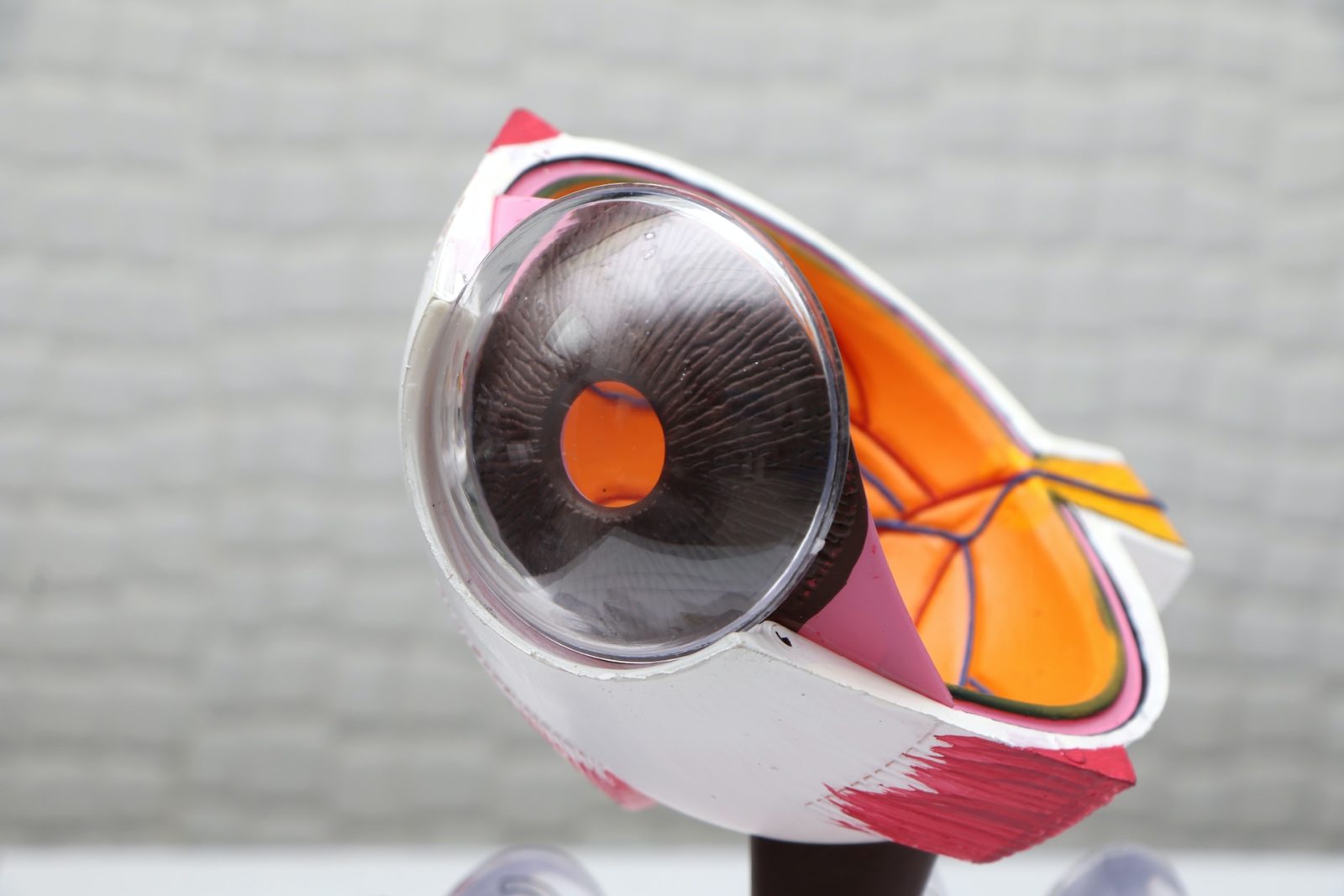
Orthokeratology (Ortho-K)
Pros
- Non-Invasive Approach: Ortho-K sidesteps the risks and complications associated with surgical procedures, offering a safer and less invasive path to vision correction.
- Daytime Liberation: Once the lenses are removed in the morning, individuals embark on a day of clear vision, unburdened by the constraints of eyeglasses or contact lenses.
- Versatile Correction: Ortho-K effectively addresses a spectrum of refractive errors, encompassing myopia (nearsightedness), hyperopia (farsightedness), and astigmatism.
- Reversible Procedure: The effects of Ortho-K are reversible, allowing individuals to seamlessly revert to their natural vision if they choose to discontinue treatment.
Cons
- Temporary Effects: The benefits of Ortho-K require consistent lens wear to maintain clear vision.
- Rigorous Hygiene: Proper lens care and hygiene practices are paramount to preventing eye infections associated with contact lens use.
- Initial Adaptation: Some individuals may experience mild discomfort during the initial adaptation period, typically subsiding with continued use.
- Vision Fluctuations: Vision may exhibit slight variations throughout the day depending on the frequency and consistency of lens wear.
The decision between vision correction methods, such as eyeglasses, contact lenses, or refractive surgery, depends on individual preferences, lifestyle factors, and medical considerations. Consulting with a qualified eye care professional at Whiting Clinic is essential to determine the most suitable approach for achieving optimal visual clarity and comfort.
Categories

